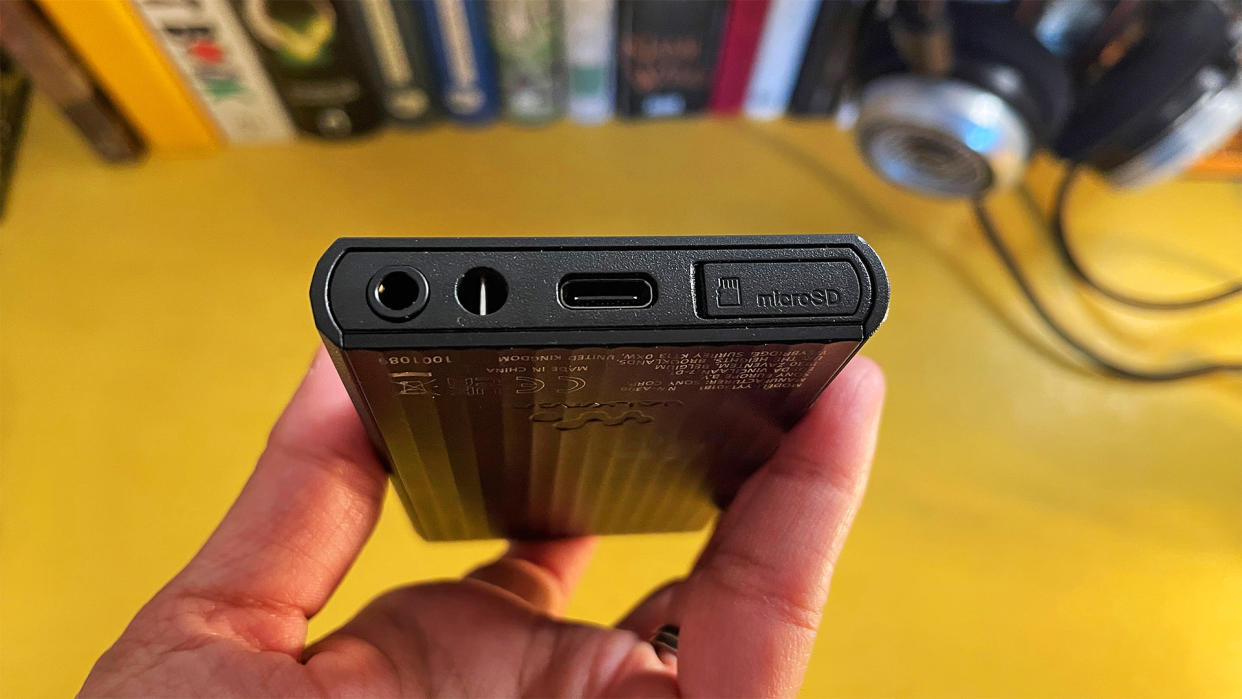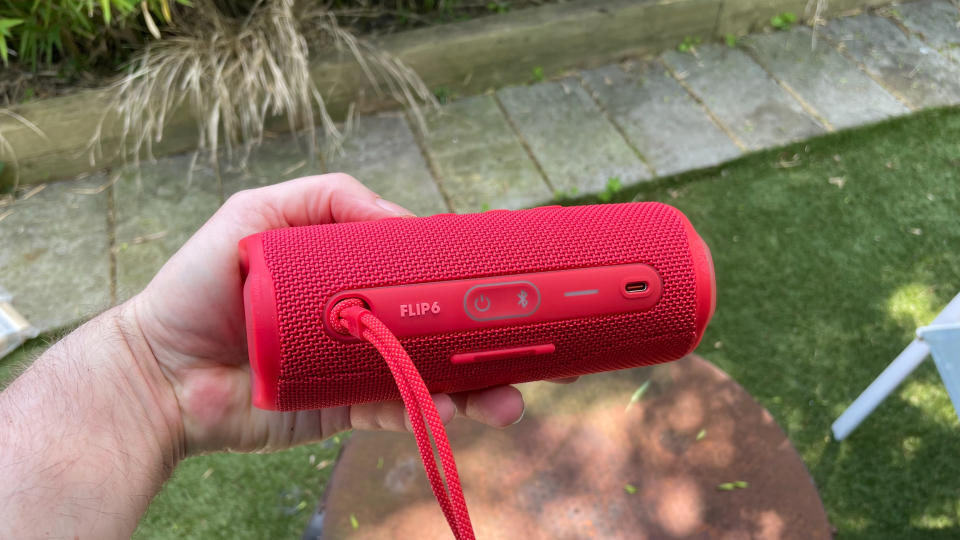R.I.P the aux input, the epitome of audio convenience; I already miss it

Last year saw the sun set on several technologies. Netflix’s postal DVD service finally gave in to video streaming, Google’s AR glasses were laid to rest (again) following an ill-fated resurrection, and Amazon’s Halo fitness device division met a miserable end having hardly gotten off the ground. Most significantly perhaps, Apple’s Lightning connector lost its battle against, well, the EU, consequently succumbing to the universal USB-C. But that wasn’t the only port we have had to wave goodbye to in recent months…
Having hung on for dear life ever since smartphones snubbed the headphone jack for Bluetooth (the iPhone 7 was the first to in 2016), the resilient 3.5mm auxiliary input for audio devices is seemingly, finally, dead and awaiting burial. And I would like to propose that its epitaph reads: "In loving and grateful memory of the aux port. Gone too soon. Our lives are poorer without you."
Born as a 'miniature' successor to the 6.35mm connector that had been around since the late 1800s, the 3.5mm 'mini-plug' connector arrived in the 1950s to connect headphones to transistor radios, and it spent the next 60 or so years riding the wave that was personal audio listening, spearheaded first by radio, then the Walkman and iPod, right up to the smartphone. They all connected to headphones via 3.5mm port means, and so it also became the world's most popular wired input type for computer and portable speakers and more mature hi-fi offerings.
But while the 3.5mm aux input has been continuing to enjoy life on Bluetooth speakers, audio components and in cars, its presence on such devices is increasingly uncommon; the Museum for Obsolete Technology is knocking loudly at its door.

From our pick of the eight best Bluetooth speakers, just two feature an aux input – and both of those models were launched between three and five years ago. Of the seven best wi-fi speakers, there is only one. Admittedly, Amazon’s Echo remains committed – but our favourite JBL Bluetooth speakers have recently got rid; Sonos, Bose and Bang & Olufsen are also heading down the USB-C but no aux route, and cars have been phasing it out for years. Aux inputs are few and far between on new hi-fi equipment these days too, though I am happy to see one on the occasional all-in-one or radio system, such as the Revo SuperConnect Stereo.
Much more than any previous year, 2023 seemed to be the year of new consumer electronics audio devices omitting the aux input from their specification sheets once and for all. It is not present on the new Ultimate Ears Epicboom or Wonderboom 3, the JBL Charge 5 Wi-Fi, Sonos Move 2 or Ruark Audio R410 all-in-one, to mention a handful of recent releases. The final nail in the coffin is being hammered in.
That’s okay, though. Or, I should say, that will be okay. An era of grand-scale USB-C adoption will help with electronics-spanning compatibility and cable waste, even if wired headphones will probably stay rooted to the headphone jack, and forever have to grapple with some sort of adaptor for use with today’s aux-free portable audio sources. But right now, in this crossover period, we are in a limbo where you would be lucky to be able to stick one cable into everything you own, new and old, without needing an adaptor. Can anyone be bothered to DJ-swap at gatherings anymore? Bluetooth pairing isn't as seamless as just sticking a cable in, even if theory says it should be, and that USB-C cable dangling from your new wireless speaker gets you only as far as the first iPhone user who doesn't have the latest (USB-C-toting) iPhone 15.
The ubiquity of the aux connection made it all so easy. The simplicity of knowing that one 3.5mm double-ended cable would work between pretty much any phone/audio source and any headphone/portable speaker you could buy – and you wouldn't require an internet signal or have to worry about Bluetooth pairing – was in hindsight the epitome of audio convenience. But give USB-C adoption a couple more years and I am confident we will be close to getting back there.
MORE:
Best portable MP3 players: budget to hi-res music players
CES 2024 preview: the news and rumours ahead of next week's huge electronics show
New issue of What Hi-Fi? out now: 10 stunning hi-fi and home cinema systems built by our experts